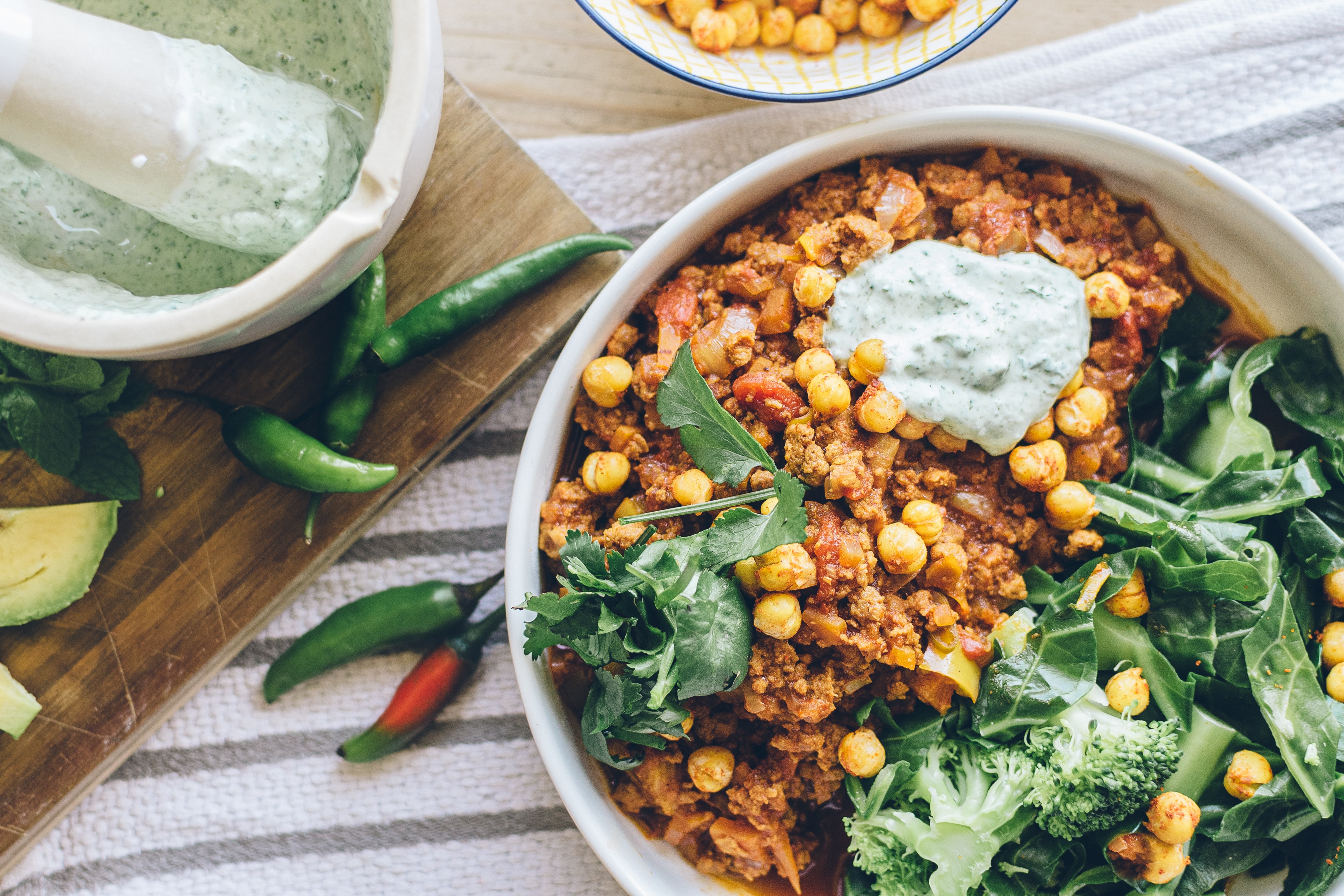Legumes: it’s time to stop overlooking them
Poor quality diets, malnutrition and noncommunicable diseases (NCDs) such as diabetes, cardiovascular disease and some cancers are closely linked. The two major risks factors for disease burden worldwide – as measured by disability adjusted life years (DALYS) – are maternal and child malnutrition and poor diet. In 2017, 11 million deaths and 255 million DALYS were attributable to dietary risks factors. Real progress to prevent diet related NCDs requires food systems to be transformed so that nutritious, safe, affordable, and sustainable diets are available to all. Researchers from the department of global public health of Bergen studied the impact of food choice on life expectancy. They found that changing from a typical western diet to optimised diets could translate into more than a decade increase in Life Expectancy (LE) for young adults.
Legumes pack a punch of protein
The largest gain would be made by eating more legumes, whole grains and nuts, and less red meat and processed meat. In particular, legumes are an affordable source of high protein, packed full of nutrients and could contribute significantly to the eradication of hunger and malnutrition.
Legumes is an umbrella term that includes chickpeas, beans (Butter beans, haricot beans, soybeans, etc), peas, peanuts and lentils. They come in a variety of shapes, sizes and colours and can be eaten in many forms including split, ground into flours or dried, canned, cooked, or even frozen whole legumes.
Legumes are some of the most underrated foods on the planet. They are affordable, easy to find and easy to cook. The high protein in legumes make them a great option in place of meat and dairy products. This means they are key in a vegetarian or vegan diet, but they can also be a healthy choice for meat-eaters.
A spoonful of legumes a day…
Legumes are also packed with fibre. In the UK, the daily requirement for dietary fibre for an adult is 30g but the latest figures suggest that in the UK the average intake is 18g, only 60% of what it should be! A serving of lentils contains a 1/3 of the daily fibre requirement! Moreover, Legumes are typically low in fat, contain no cholesterol, and are high in folate, potassium, iron, and magnesium.
Moreover, evidence suggests that legume consumption is associated with positive outcomes on cardiovascular risk factors. This means that not only are legumes affordable and delicious, they are good for your heart health!
Legumes are high in phytates which can impair the absorption of certain minerals such as iron and zinc. As a countermeasure methods such as soaking are often used before eating. However, consuming high-phytate foods as part of a balanced diet has numerous benefits. In most cases, these benefits outweigh any negative effects on mineral absorption.
Ways to add more legumes to your diet:
- Mash them up as the basis for dips and spreads
- Prepare soups, stews and casseroles containing legumes
- Add chickpeas or black beans to salads
- Add them to salsas, tacos, burritos, chilli, or pasta dishes
- Include them as a side dish at breakfast, lunch, or dinner
- Make your own baked falafel
- Try a chickpea curry instead of chicken curry – it’s affordable and delicious
Tips
If you would like to start using legumes but are concerned about the preparation time, you can start with using prepared beans, which you can buy frozen or canned. Most canned beans are high in sodium, so look for lower-sodium varieties, and rinse them before using.
Lentils come in a variety of colours, including orange, green, and black. Not only do many lentils have relatively short cooking times, but they also don’t require advance soaking. Even lentils that are relatively slow to cook require just 20 minutes of cooking time.
Resources
https://www.bbcgoodfood.com/recipes/collection/healthy-bean-recipes
https://www.bbc.co.uk/food/collections/full_of_beans
https://cookingonabootstrap.com/category/beans-lentils/
If you enjoyed this blog why not read our blog ‘NCDs and Ukraine: a hidden danger in conflict’ or ‘Ultra processed foods: why are we eating so much?’

